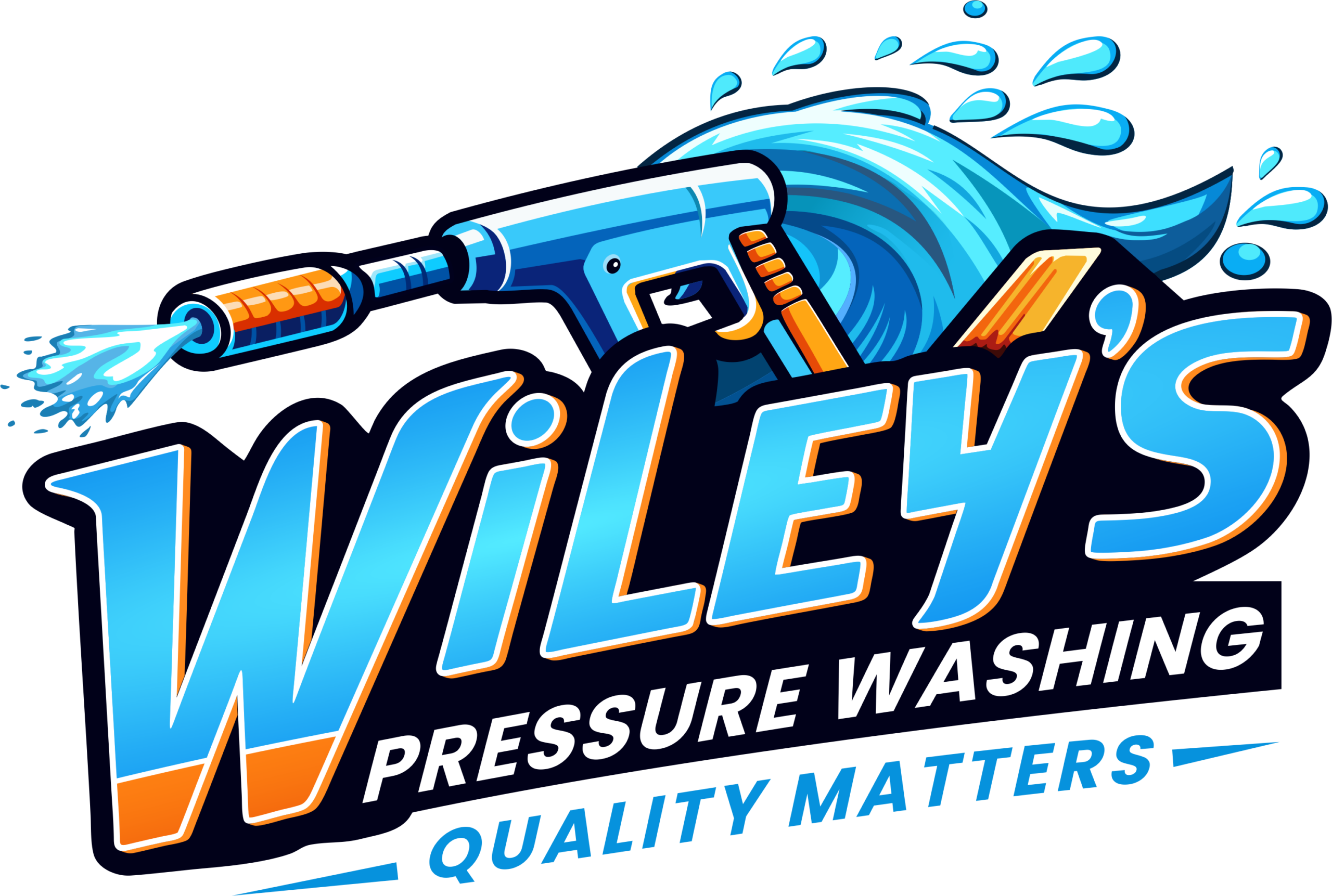Pressure washing is one of the most effective ways to clean and restore outdoor surfaces. From driveways and patios to siding and roofs, pressure washers are powerful tools for removing dirt, grime, and stains. However, their effectiveness often depends on more than just water pressure—it’s also about the right chemicals. Understanding the soaps and cleaning solutions used in pressure washing is essential for achieving the best results without causing damage to surfaces.
Common Chemicals Used in Pressure Washing
When it comes to pressure washing, two of the most commonly used cleaning agents are sodium hypochlorite (SH) and surfactants. These chemicals form the backbone of most residential and commercial pressure washing applications.
Sodium Hypochlorite (SH): This chemical, often referred to simply as SH, is a powerful cleaning agent primarily used for removing organic matter such as mold, mildew, and algae. It is highly effective at breaking down these contaminants, making it an essential component for cleaning surfaces like siding, roofs, and concrete.
Surfactants: Surfactants are added to pressure washing solutions to improve the performance of SH. Its primary role is to help the solution adhere to the surface being cleaned, ensuring the chemical doesn’t run off too quickly. By increasing the dwell time, surfactants give SH more time to break down organic matter, resulting in a deeper clean.
Together, SH and surfactants form a powerful combination for tackling a wide range of cleaning challenges. These chemicals are versatile and widely used in both residential and commercial pressure washing jobs.
Additional Chemicals for Specialized Cleaning
While SH and surfactants are great for general cleaning, some stains and contaminants require specialized chemicals. Here are a few additional cleaning solutions used in pressure washing:
-
Acids for Rust Removal:
Rust stains can be stubborn and difficult to remove with standard cleaning solutions. Acids, such as oxalic acid, are often used to break down rust and restore surfaces like concrete or metal to their original appearance.
-
Oil and Grease Stain Removers:
For driveways, garages, or industrial areas where oil and grease are common, degreasers are the go-to solution. These chemicals are designed to lift oily residues and break them down for easier removal. When combined with hot water, degreasers can be even more effective, as the heat helps dissolve grease and oil more quickly.
-
Hot Water in Pressure Washing:
For some jobs, the addition of hot water can make all the difference. Heat can help loosen tough stains, improve the effectiveness of cleaning chemicals, and speed up the overall cleaning process. Hot water pressure washers are particularly useful for oil and grease removal or cleaning heavily soiled surfaces.
Each of these specialized solutions plays an important role in addressing specific cleaning challenges, ensuring that no stain or contaminant is too tough to tackle.
Wiley’s Pressure Washing utilizes a range of soaps and chemicals to effectively clean surfaces. Sodium hypochlorite (SH) and surfactants are the most commonly used, providing a strong foundation for removing organic matter like mold and algae. For more specialized tasks, acids, oxidation removers, and degreasers can address rust, chalky buildup, and oil stains, especially when combined with the power of hot water.
